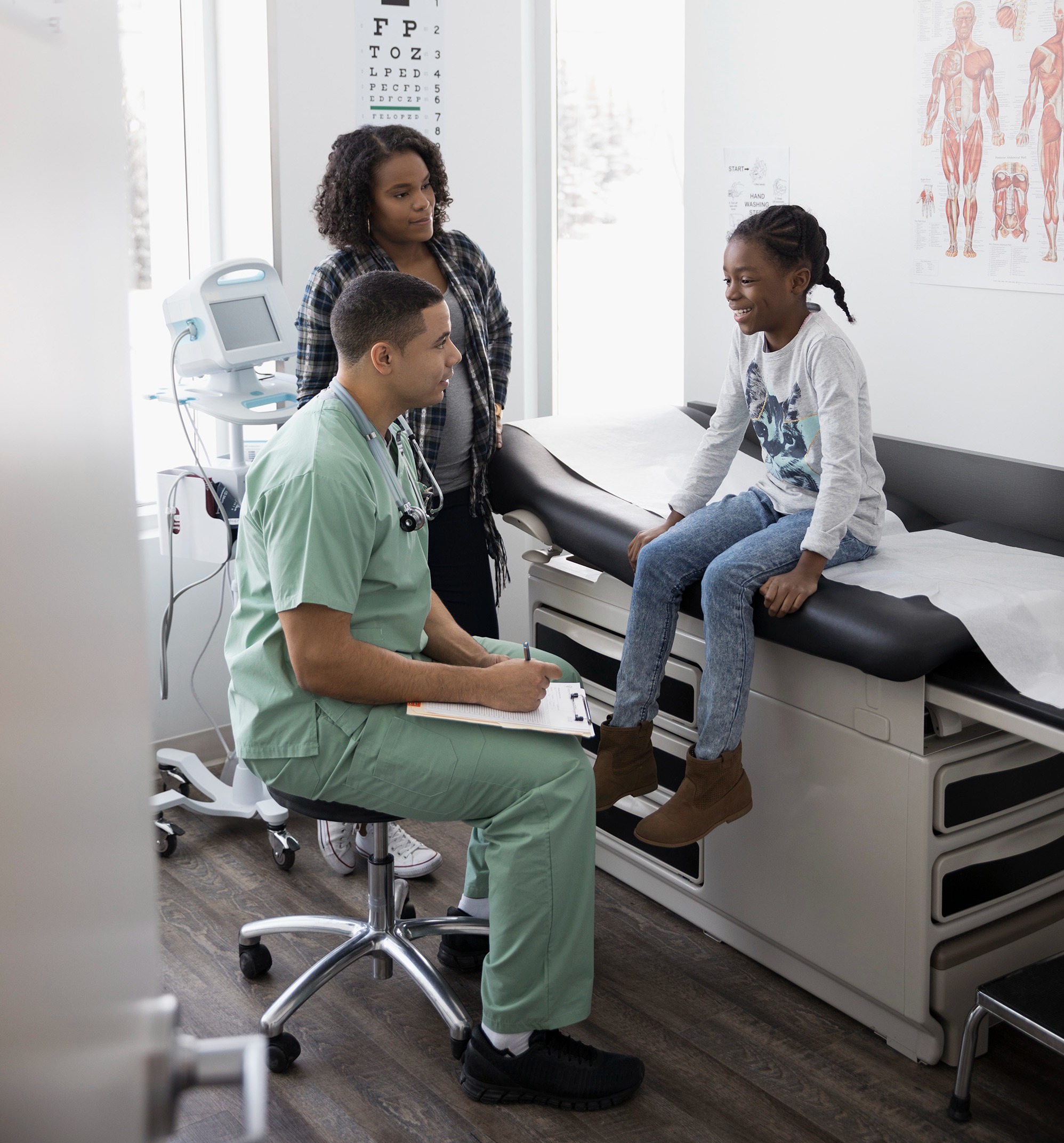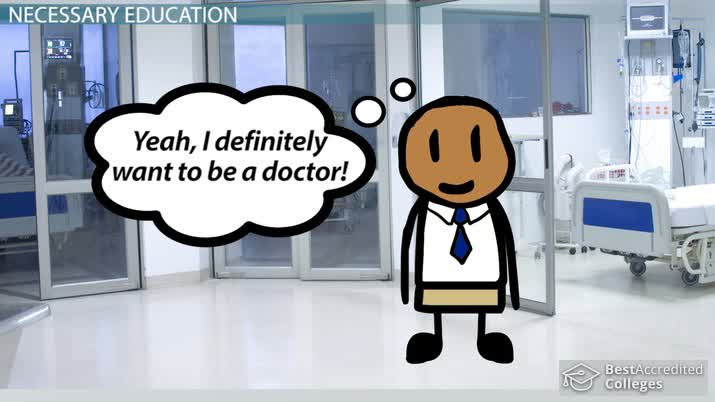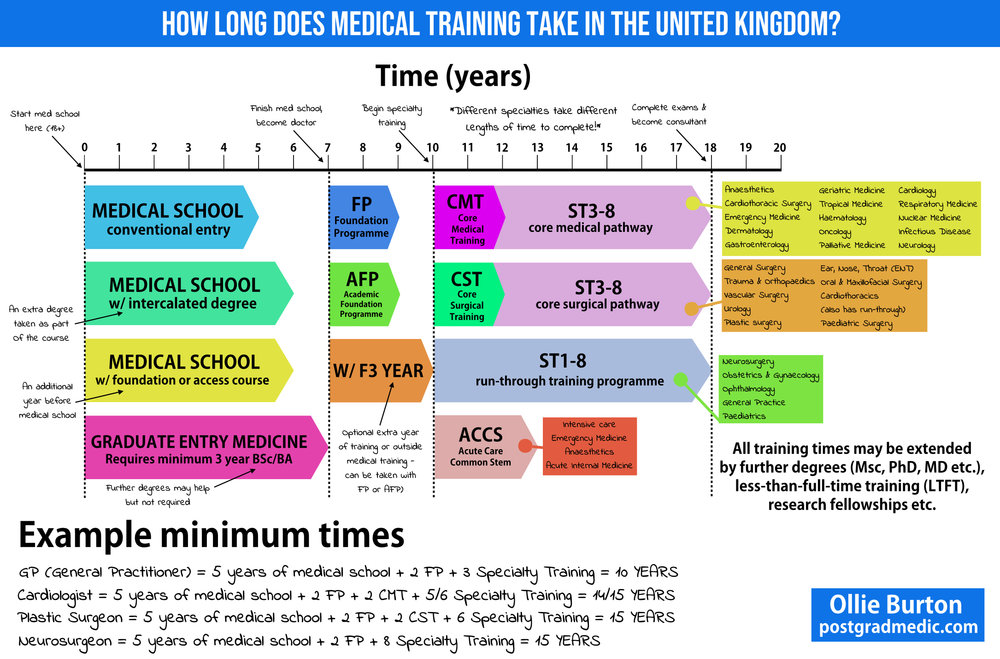Wonderful Info About How To Learn Be A Doctor

How many years do you learn to.
How to learn to be a doctor. Talk over your symptoms and concerns. First, you'll need to earn a bachelor's degree. Begin academic study at a top caribbean med school.
This usually consists of part theoretical and part clinical. To hold a degree in medicine that is recognised by the general medical council (gmc). Finish four years of medical.
In this lesson, students will choose a doctor to research and write a dialog between a doctor and a patient. Dental coverage from basic to comprehensive. 6 milligrams (mg)/0.6 milliliters (ml).
To commence your doctor training at medical school, you will need to have a minimum of 3 a grade a levels, including physics and biology. You have to learn the actual practice by practicing it on real patients. The best preparation is to take biology, general chemistry, organic chemistry, and physic courses.
A medical course takes anywhere from four to six years across the uk and australia/nz. Pass the medical college admission test (mcat) exam. Some major medical schools, including mua,.
Follow these steps to become a doctor: An ear infection is one of the most common complications of a common cold. Oral health affects all your health, both physical and mental.
Enroll in medical school and finish your. Accumulating textbook knowledge alone won’t make you a doctor. Attend medical school and pass your boards to.
Shop i want to learn to become a doctor stickers created by independent artists from around the globe. Usa medical curriculum & clerkships with world renowned facilities available for students. In this first episode, we'll be covering what it means to be a doctor, including the training of how to become.
Aside from difficulty hearing or hearing muffled sounds,. You also need to have problem. Take the following steps to become a doctor:
Preparing to become a doctor takes a lot of effort, not to mention money: They will also likely need to do some research on. During a doctor of medicine (m.d.) program, you'll accumulate medical knowledge and clinical experience, develop your communication skills and learn how to manage patient care.






/168360290-56a46dd63df78cf772826120.jpg)






![So You Want To Be A Doctor (How To Become One) [Ep. 1] - Youtube](https://i.ytimg.com/vi/mu5WzOL8-O8/maxresdefault.jpg)
/medical-colleagues-with-clip-board-909214548-5aa9a7218e1b6e00379bb835.jpg)


/doctors-using-computer-together-in-hospital-187137137-57d060a85f9b5829f411cdab.jpg)
